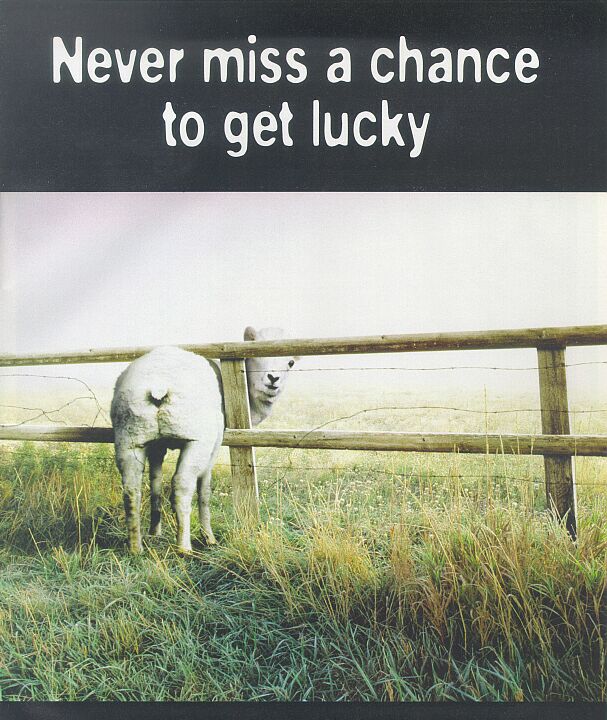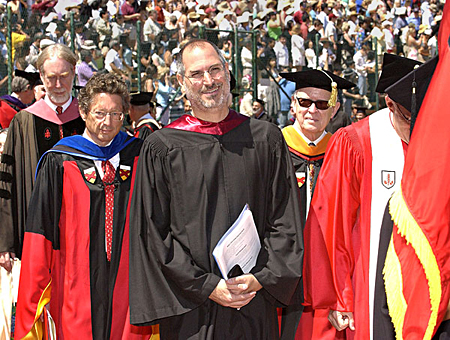Sed fugit interea, fugit irreparabile tempus
An old friend is dying. We have known each other for a long, long time—over two decades. He watched me grow up, search for my identity, go through a foppish phase (yes, surprise, surprise, there were a couple of years where I actually dressed up) before finding myself in outdoor pursuits, literature and music. Always encouraging, always cheering me on, he would listen to tales of my latest forays with the smile of one who is older and has gone before. Fears associated with the first tentative steps into a new venture often evaporate with his unique style of encouragement: rather than tucking the child in a lit room, turning off the light, shutting the door and leaving the child to deal with the sudden onset of darkness and solitude, he turns off the light to the child's room, and while standing in the (lit) corridor with the child, he invites the latter to challenge himself to move from light to darkness, on his own will, to enter the darkened room and climb onto bed. When you are the initiator and are in control, fears and trials are easier to manage, disappointments easier to bear.
My friend has advanced stage colorectal cancer. Despite repeated sessions of chemotherapy and radiotherapy, the prognosis remains grim: he is unlikely to make it past the next three years.
What does one say to someone facing death in his early 40s?
An old friend is dying.
"Sorry"?
"That sucks, dude"?
(Try to convert him to my religion?)
I have no patience for mawkish platitudes (and I suspect, neither does he) or bedside conversions , and so I listen to what he has to say instead. And what he says is pure and simple: follow your heart, follow your passion, never, ever settle, and never, never regret.
Breakfast this morning was, in a word, insufferable. With short notice, some relatives dropped by with a couple packets of food (I never knew that my company is so cheaply bought), and over the course of the meal,
Give up my dreams. Then what is the point of living? That is merely existing, vita non est vivere sed valere vita est, no different from the animals we slaughter and butcher daily to keep our bodies alive. We pipe the distinction between so-called "higher-order" humans and animals, and yet we largely operate on instinct or instinct-driven modes of behavior: feeding, drinking, shitting, screwing, birthing, sleeping and dying. Am I to spend the next 3 or 4 decades of my life rutting, breeding, distracting myself with mindless pleasures (and surreptitious vices), slaving to pay bills, just so that society can deem my life a fulfilled one by the results of my loins?
Isn't this a solution in search of a problem?
Step 1: Give up original reason for living (dreams and goals).
Step 2: Create dependents, debts and obligations.
Step 3: Slog through life to support dependents, pay off debts, and fulfill obligations.
Step 4: Lie to yourself every morning and every night that #3 is your reason for living.
Step 5: Convince others of the superiority of your way of life.
WTF.
Two quotes from Edward Abbey seem especially relevant here:
Growth for the sake of growth is the ideology of the cancer cell.
Some lives are tragic, some ridiculous. Most are both at once.
To quote takchek, I would rather live in a shack in Colorado [or, in my case, California] than a swanky house in Singapore anytime. A critic once mentioned that Singaporeans are too enamored of security, ease, predictablity and comfort. I agree. They operate on the fool's promise that it is safer to reach for the tips of their noses rather than the stars as one cannot fail, forgetting that those who miss the stars find themselves in company with the moon, To these Philistines, I maintain, ars longa, vita brevis, occasio praeceps, experimentum periculosum, iudicium difficile.
I believe I've found the definitive poster for Singapore's unique trait of kiasu-ism:

It is at moments like these that I am glad I saved the transcript of Steve Job's address at Stanford University's 114th Commencement to read and re-read:

From the left, Reverend Scotty McLennan, Provost John Etchemendy, Steve Jobs, Burt McMurtry (Chairman of the Board of Trustees). Click on the image for the video.
Wearing jeans and sandals under his black robe, Jobs delivered a keynote address that spanned his adoption at birth to his insights into mortality.
Excerpts:
[A]bout connecting the dots.
[Y]ou can't connect the dots looking forward; you can only connect them looking backwards. So you have to trust that the dots will somehow connect in your future. You have to trust in something — your gut, destiny, life, karma, whatever. This approach has never let me down, and it has made all the difference in my life.
[A]bout love and loss.
Sometimes life hits you in the head with a brick. Don't lose faith. I'm convinced that the only thing that kept me going was that I loved what I did. You've got to find what you love. And that is as true for your work as it is for your lovers. Your work is going to fill a large part of your life, and the only way to be truly satisfied is to do what you believe is great work. And the only way to do great work is to love what you do. If you haven't found it yet, keep looking. Don't settle. As with all matters of the heart, you'll know when you find it. And, like any great relationship, it just gets better and better as the years roll on. So keep looking until you find it. Don't settle.
[A]bout death.
When I was 17, I read a quote that went something like: "If you live each day as if it was your last, someday you'll most certainly be right." It made an impression on me, and since then, for the past 33 years, I have looked in the mirror every morning and asked myself: "If today were the last day of my life, would I want to do what I am about to do today?" And whenever the answer has been "No" for too many days in a row, I know I need to change something.
Remembering that I'll be dead soon is the most important tool I've ever encountered to help me make the big choices in life. Because almost everything — all external expectations, all pride, all fear of embarrassment or failure - these things just fall away in the face of death, leaving only what is truly important. Remembering that you are going to die is the best way I know to avoid the trap of thinking you have something to lose. You are already naked. There is no reason not to follow your heart.
[ . . . ]
No one wants to die. Even people who want to go to heaven don't want to die to get there. And yet death is the destination we all share. No one has ever escaped it. And that is as it should be, because Death is very likely the single best invention of Life. It is Life's change agent. It clears out the old to make way for the new. Right now the new is you, but someday not too long from now, you will gradually become the old and be cleared away. Sorry to be so dramatic, but it is quite true.
Your time is limited, so don't waste it living someone else's life. Don't be trapped by dogma — which is living with the results of other people's thinking. Don't let the noise of others' opinions drown out your own inner voice. And most important, have the courage to follow your heart and intuition. They somehow already know what you truly want to become. Everything else is secondary.
To someone who, despite tremendous social, cultural and religious pressure, steeled his will and forged a living, life and identity in a foreign country... words, words fail me. I want to thank you for your friendship, your quiet encouragement all these years, your wisdom... I hope I have half the courage and determination you possess, living in the manner you choose, independent of society's norms and expectations. I'll just say that I am here, A—. Just here, for you, with you, by you. Anytime.
My prayers are with you, old friend.
Get well soon.
Dum vita est spes est.

0 Comments:
Post a Comment
<< Home